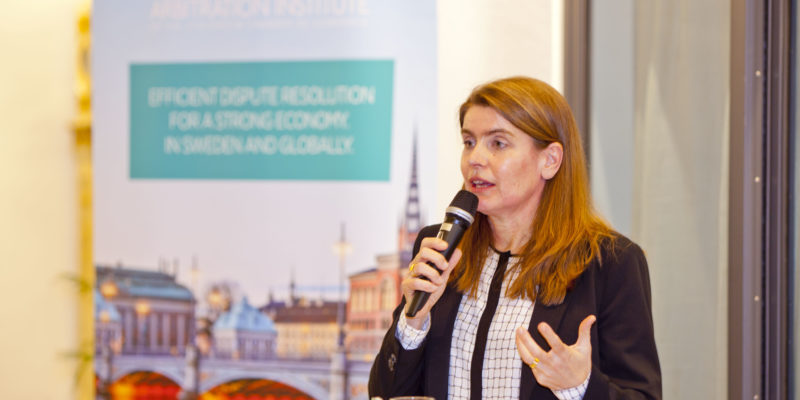Do Virtual Hearings Without Parties’ Agreement Contravene Due Process? The View from Singapore
Introduction The use of virtual hearings is not new in international arbitration. However, the COVID-19 pandemic has necessitated, and accelerated, a shift from in-person hearings to virtual hearings. With travel bans in place and no visibility of when countries will open their borders again, in-person hearings will likely be the exception rather than the norm…

